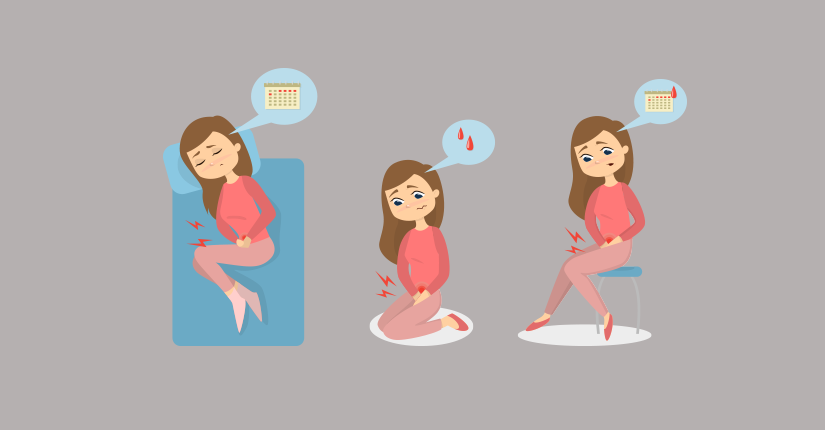We Need to Talk More about Mental Health and Not Shun in Silence
By Nmami Life Editorial 20-Jun 2020 Reading Time: 8 Mins

Just being you is enough. You are a gift. You are unique.
Unfortunately, mental health in India is not a friendly term or a common term that everyone is aware of. India has one of the highest rates of suicide in the world, losing over 220,000 people a year according to the World Health Organization. No doubt, suicidal thoughts or tendencies are related to undiagnosed or untreated depression, anxiety, post-traumatic stress disorder, and more.
Each one of us at some point in our lives experiences anxiety and might lose hope but that is the time to not give up and constantly keep a check on your mental health. We might feel things could never get right again or this is the worst and negative thoughts might envelop us more than anything but it’s time we start opening up and acknowledging that everyone can have high and low points in their lives and opening up won’t allow others to judge them.
Mental health is a fundamental and essential part of our overall health and shouldn’t be ignored. In India, mental health issues are among the leading causes of non-fatal disease burden; one of every seven Indian was affected by mental health issues in 2017; the proportional contribution of mental health to the total disease burden has almost doubled since 1990; and the saddest part being, suicide was the leading cause of deaths among young people — aged 15 to 39 — in 2016.
Why silence is not the answer?
Shutting yourself down in silence won’t solve the problem and may cause more damage to your mental health. Opening up about your mental health could provide you better solutions to deal with it and will allow you to express how you truly feel and it gives others a chance to help you by guiding you through the difficult times. If you are experiencing any form of depression, or if you constantly experience negative thought patterns, seeking help with our will be extremely beneficial for your wellbeing. Visiting a therapist once a week will also aid in this process and you will start to feel the positive effects of opening up immediately. If not comfortable talking to an unknown person, lean on your loved ones in times of need and confide in someone about your struggles. You can talk about your problems with a trusted family member, friend, mentor, or therapist. Bottling up these thoughts could potentially turn into a bigger issue.
Stigma for mental health can harm a person’s sentiments and he may not feel accepted to open up or may develop the following feelings:
- Reluctance to seek help or treatment
- Not having enough positivity or motivation to carry out daily chores
- Lack of understanding by family, friends, co-workers or others
- Fewer opportunities for work, school or social activities or trouble finding housing
- The belief that you’ll never succeed at certain challenges or that you can’t improve your situation
Tips for Talking About Mental Health
Talking about this intangible part of health- mental health is important, but it can be difficult to open up. A few tips which might sound helpful:
- Try writing a letter if you are afraid to discuss face-to-face.
- Talk to a stranger or someone who doesn’t know you such as a therapist or psychologist if you don’t feel comfortable talking to a loved one.
- Start by journaling and then transition to speaking.
- Practice speaking in the mirror before you talk to someone if you are struggling to do so.
- Remember that you will probably feel a great sense of relief after talking with someone.
- Remember that you are not alone.
The government should also invest in mental health infrastructure and create awareness about it by training and hiring professionals and promoting research and development under the same.
How can we help each other?
Opening up and talking about mental health can help everyone heal. What people don’t realize is that there are numerous ways to effectively manage mental health or mental health disorder symptoms. The state of your mental health indirectly affects how you think, feel, and ultimately how you act. Expressing these emotions with others on a daily basis is crucial.
- A little empathy, picking up calls, calling your loved ones, checking on your near and dear ones once in a while or lending your ears to someone for a while can land up saving someone’s life and may make the other person feel better and lighter, maybe giving hope of ray to not give up and hang in there for little more to see themselves doing better soon.
Over to you
Mental health stigma, a lack of understanding, and awareness cause a person to feel ashamed for something that is out of their control and this causes a barrier in seeking help and promoting better mental health. In this modern busy world where we are surrounded by work phone calls, emails, and notifications, we all are responsible for creating and leaving a better real-world and for being more than just a follower or a number on someone’s screen. We hope all of us understand the significance of having a better world outside our virtual world which reminds us why is it called ‘virtual’.
Break the stigma. Invest in your mental health.


















